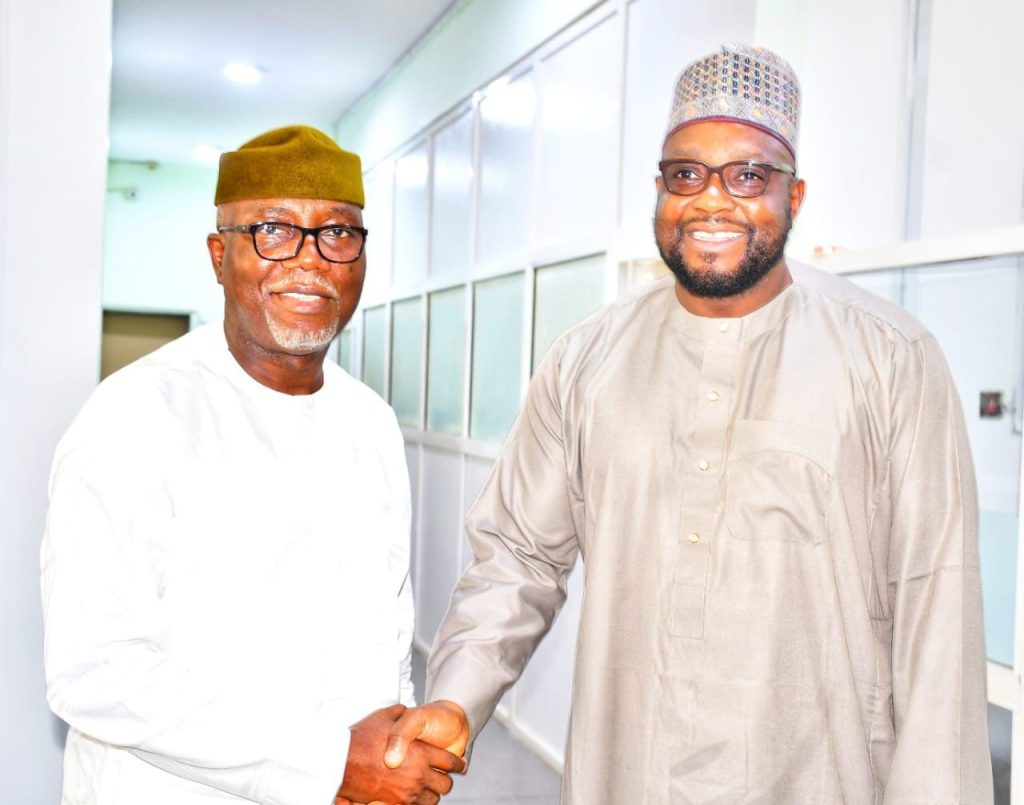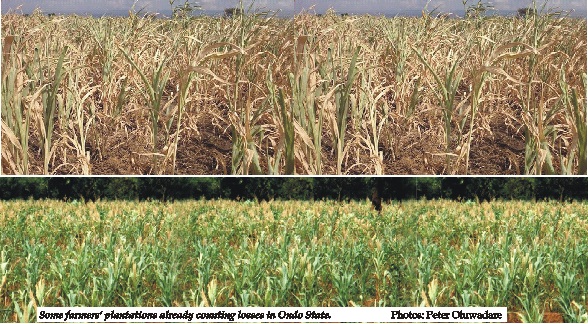NFUI’s Cashless Policy
ONE of the progressive policies of the federal government in recent time was the courage and decisiveness of Nigerian Financial and Intelligence Unit (NFIU), banning cash transactions by federal, state and local governments in the country.
ACCORDING to NFUI’s Chief Executive Officer, Modibo Tukur , effective from March 1, 2023, all government transactions will be carried out on the basis of electronic transfer if the amount exceed the approved daily withdrawals by the Central Bank of Nigeria under the new monetary policy.
MODIBBO said that under the guidelines, only the President can give a waiver for any cash above the approved daily threshold to be withdrew for any urgent or emergency reasons and therefore directed federal, state and local governments in the country to put necessary measures in place to ensure the smooth operationalization of the new policy.
MODIBBO disclosed that despite the introduction of the cash withdrawal limits in the country, state governments withdrawn N701 billion cash above the N225 billion withdrawn by the federal government and N156 billion withdrawn by the local governments in the country between 2015 to date.
WITH this move, Nigeria is moving towards achieving a cashless economy. The policy had been put in place since 2012 but was stepped down several times to deepen the nation’s financial infrastructure. We feel the time is now to go all out at ensuring this because the nation’s payment infrastructure had already been deepened with 1.4 million online banking platforms scattered across the country. That will aid people in conducting banking and financial service transactions in Nigeria.
NIGERIA is a big country with large and prosperous economic potentials. It has to leapfrog from a digital economy to a cashless economy.
ANOTHER advantage this policy would achieve is curbing the issue of money laundering. This is because money transferred could be easily traced. An anti-corruption watchdog, Civil Society Legislative Advocacy Centre, CISLAC, alleged that $15.7 billion illicitly leaves Nigeria’s financial system annually.
THE drivers behind money laundering in Nigeria are multiple. Black market operators constitute a large population in Nigeria businesses such as bureau de change operators and estate developers.
WEAK anti-money laundering mechanisms for activities of financial institutions monitoring are not able or willing to prevent and contain money laundering. Non-compliance with international financial management standards developed by specialized international organizations is witnessed.
WE therefore support the move of NFIU and commend it for taking such a bold step. We however feel that for a cashless economy to work seamlessly the infrastructure must be there. Most rural areas in the country can not boast of banks not to talk of automated teller machines,ATM,. The International Monetary Fund (IMF) says that Nigeria’s banks closed 234 branches and 649 Automated Teller Machines (ATM) in 2020 leading to a decline in the country’s Financial Access Score (FAS) to 4.44 in the year as against 4.78 in 2019.
THE other thing to bear in mind is that our informal economy employs more people than the formal economy. Our informal economy is also largely small and medium scale. Our informal economy is also largely rural areas based and most of the facilities you need for a cashless economy are not present. That is why people in these areas keep their money under their pillows. They don’t take them to the banks because there are no nearby banks. The People’s Bank and mini-banks which were operating in rural areas have since collapsed, leaving the rural people as helpless as they were before the banks made their temporary sojourn in their communities.
THE other factor to consider is that most of our small-scale farmers, traders and artisans are largely illiterate. A certain degree of education is needed to operate successfully in a cashless economy.
WE enjoin the NFUI and other institutions concerned to see to the realization of the laudable policy.










